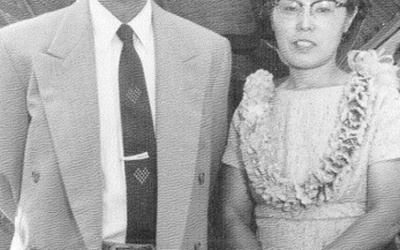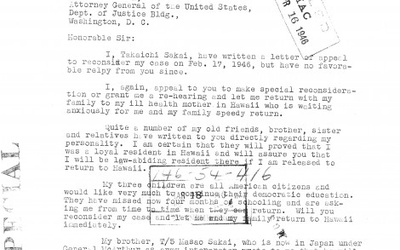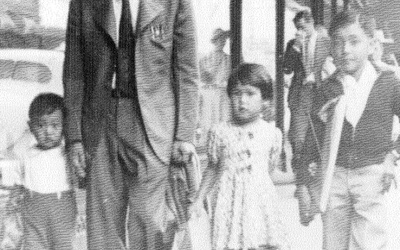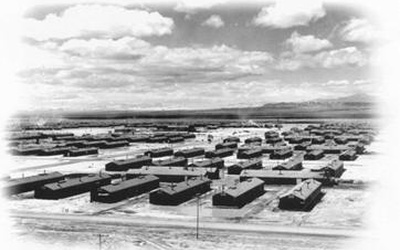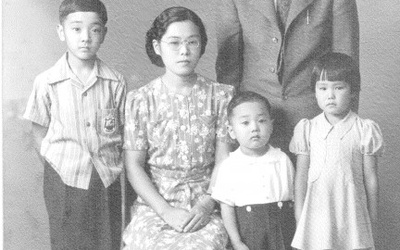アメリカ対坂井孝市
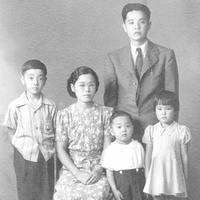
酒井 浩二氏は、祖父の第二次世界大戦中の体験について書いています。「祖父の第二次世界大戦での体験は、敵のように見えたときに何が起こるかという、アメリカ共通の物語だと思います。」調査を通じて、彼は祖父がこの時期に下した決断の背後にある動機を明らかにしています。
このシリーズはもともと8Asians.comで公開されました。
このシリーズのストーリー
Part 5 of 5: Postscript
2011年9月30日 • コウジ・スティーブン・サカイ
Read Part 4 >>Even though my grandparents and their children were allowed to stay in the United States, it wasn’t until 1958 did they get their citizenship back. The World War II experience probably affected my grandparents in ways that I could never know. I have heard that my grandmother would cry when people asked her about the camps. This is probably why no one in my family discussed those years and it wasn’t until I started working at the …
Part 4 of 5: Decision
2011年9月23日 • コウジ・スティーブン・サカイ
Read Part 3 >> When the war ended, my grandparents requested that they not be sent to Japan, despite the fact that they had renounced their citizenship. However, once a person willingly gives up their citizenship, it’s not easy to get it back. The following is the end of a FBI report on whether the family should be allowed to stay or not. The part that stands out to me is: “The entire hearing very definitely shows (crossed out) this …
Part 3 of 5: Renunciant
2011年9月16日 • コウジ・スティーブン・サカイ
Read Part 2 >>After my grandparents answered “No No” to questions 27 and 28, the whole family was sent to Tule Lake, Northern California. A camp that was designated for “bad” Japanese Americans—in other words those who had answered the loyalty questionnaire negatively or had caused “trouble.” It was in Tule Lake that my grandparents, and thousands of Japanese Americans like them, willingly gave up their American citizenship and asked to be sent to Japan. His decision would forever brand …
Part 2 of 5: No No
2011年9月9日 • コウジ・スティーブン・サカイ
In Part 1, my grandfather, Takaichi Sakai, was arrested and investigated by the FBI. An Internee Hearing Board in February 1943 ordered that he be “interned for the duration of the war.” A few weeks later, the Military Governor had him sent to a “relocation center” on the Mainland. My grandmother, Sato Sakai, was given the opportunity to stay in Hawaii or accompany her husband to prison camps on the mainland. Her trouble with her in-laws, her inability to care …
Part 1 of 5: Crimes
2011年9月2日 • コウジ・スティーブン・サカイ
He burned sensitive files while working for a foreign government. He said that he was not willing to fight for the United States and would not give up his allegiance to a foreign power during a time of war. He renounced his American citizenship. Who was this enemy of the United States? He was my grandfather on my dad’s side. Having died before I was born, he was and has always been an enigma to me. My Aunt doesn’t remember …

